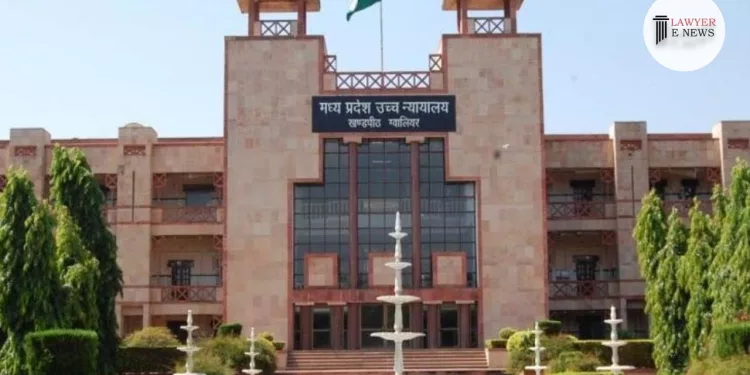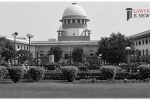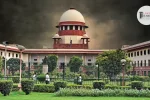Marriage Remains Irregular Under Personal Law Despite Special Marriage Act Registration: Madhya Pradesh High Court

Court denies police protection for inter-religious couple, emphasizing personal law’s precedence over statutory law in validating marriages.
In a landmark ruling, the High Court of Madhya Pradesh dismissed a writ petition filed by an inter-religious couple seeking police protection to marry under the Special Marriage Act. The bench, led by Justice Gurpal Singh Ahluwalia, held that a marriage between a Muslim man and a Hindu woman remains irregular under personal laws, even if registered under the Special Marriage Act. The court further denied relief for non-registration of criminal cases against the male petitioner.
Petitioners Sarika Sen, a Hindu woman, and her partner, a Muslim man, sought police protection from the woman’s family and protection to appear before the Marriage Registration Officer. They intended to marry under the Special Marriage Act but faced opposition from the woman’s family, who also filed complaints alleging kidnapping and theft against the male petitioner. The couple requested the court to prevent any criminal case registration against the male petitioner for kidnapping.
Credibility of Personal Law: The court emphasized that under Muslim personal law, a marriage between a Muslim man and a Hindu woman is considered irregular (fasid). “A Mahomedan male may contract a valid marriage not only with a Mahomedan woman but also with a Kitabia, that is, a Jewess or a Christian, but not with an idolatress or a fire-worshipper,” the court quoted from Mulla’s Principles of Mahomedan Law.
Special Marriage Act vs. Personal Law: Justice Ahluwalia addressed the petitioners’ argument that the Special Marriage Act should override personal law. “Marriage under the Special Marriage Act does not legalize a marriage which is otherwise prohibited under personal law. The Special Marriage Act cannot override the fundamental tenets of personal law,” the court observed. The court cited Section 4 of the Special Marriage Act, which mandates that the parties should not be within prohibited relationships as defined by their personal laws.
Witness Testimonies: The court noted that the petitioners did not provide sufficient evidence that the marriage, if registered, would adhere to personal law requirements. “The personal law supersedes statutory provisions in validating such marriages,” the court stated.
The judgment extensively discussed the nature of inter-religious marriages under Muslim law. “Marriage between a Muslim man and a Hindu woman, even if registered under the Special Marriage Act, remains an irregular (fasid) marriage and does not create mutual inheritance rights,” the court clarified. This decision aligns with the precedent set by the Supreme Court in Mohammed Salim (D) Through LRs. V. Shamsudeen (D) Through LRs.
Justice Ahluwalia remarked, “Even if the marriage is registered under the Special Marriage Act, the marriage would still be no more than an irregular (fasid) marriage under Muslim personal law.”
The High Court’s dismissal of the writ petition underscores the judiciary’s adherence to personal law in matters of inter-religious marriages. By affirming the irregular status of such marriages under Muslim law, despite registration under the Special Marriage Act, the judgment highlights the complex interplay between statutory and personal laws in India. This ruling is expected to influence future cases involving inter-religious marriages and the application of personal laws, reinforcing the legal framework governing such unions.
Date of Decision: 27th May 2024
Sarika Sen & Anr. V. State of Madhya Pradesh & Ors






